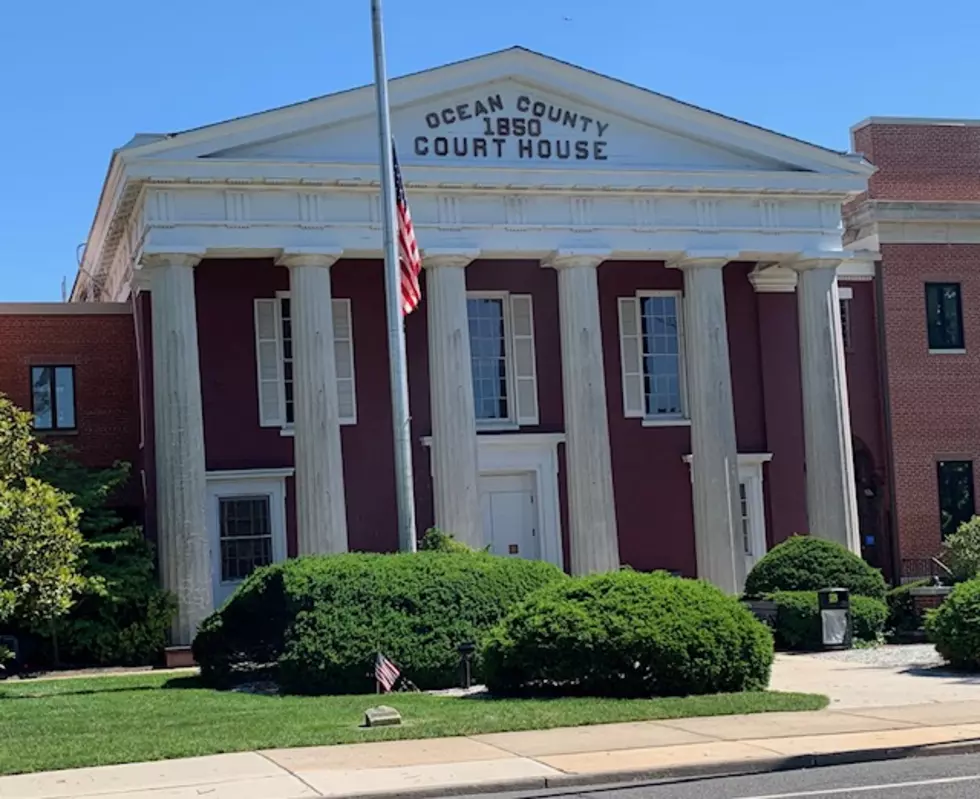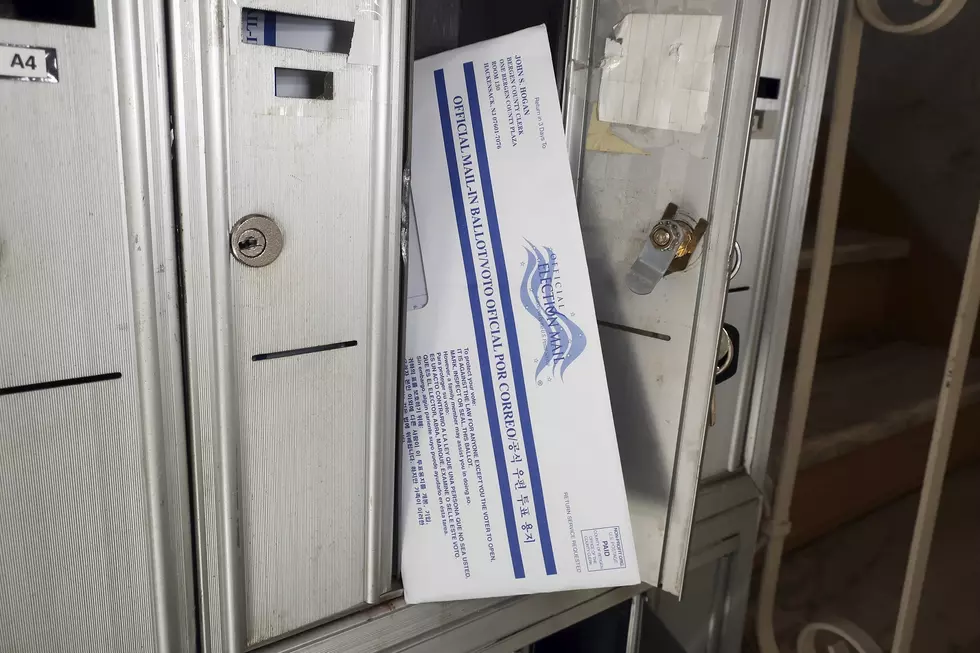
NJ considers freeing ticket buyers from resale restrictions
TRENTON — People who buy tickets to sporting events or concerts in New Jersey would be able to opt out of restrictions that limit them from selling or giving them away, under a bill under consideration in the Legislature.
It’s not certain whether the New Jersey Consumer Choice Act, as A3194/S376 is called, will make it beyond the Assembly Regulated Professions Committee endorsement it received last month, where Assemblyman Paul Moriarty said the panel was asked to play referee between two powerful groups.
“I don’t have any love for any of the sides here,” said Moriarty, D-Gloucester. “I think the live event industry is facing a day of reckoning – COVID has expedited it, but clearly live events have increasingly priced themselves beyond the reach of average Americans. There is so much greed out there in the live event industry.”
On one side are ticket resale platforms such as Stubhub and others, which say such a bill is needed to provide consumers choice and flexibility. They say the move toward digital tickets is accompanied by restrictions that prevent people from reselling tickets on platforms other than the original seller’s.
“This is not a debate on whether resale is good or bad,” said Tony Keryakos, government relations manager for Stubhub. “This is a debate on who should control resale: Consumers who purchase tickets or venues and artists who are part of a mega-monopoly?”
“Unfortunately, ticket transfer is under assault,” said Ryan Fitts, vice president of legal and government affairs for Vivid Seats, another online ticket marketplace. “Increasingly a ticket is a string of code on a smartphone, and ticket issuers can use technology to render these tickets non-transferrable at will.”
Brian Hess, executive director of a group called Sports Fans Coalition, said season ticket holders want to be able to sell tickets if they can’t make a game or want to recoup some of their cost. He said the move toward restricting resale of tickets is about control and collecting fees, not preventing scalpers.
“The main reason primary ticket sellers restrict tickets is that they want a second bite at the apple, requiring the use of their own secondary resale product,” Hess said.
On the other side of the debate are Ticketmaster and the New Jersey-based venues with which they work.
Ron VanDeVeen, the president and chief executive officer of MetLife Stadium in East Rutherford, said such a bill would make it more likely for New Jersey to lose events, including the soccer World Cup. He said artists should control their ticketing policies and are seeking to keep tickets with fans, not brokers.
“To us, this bill is not consumer-friendly as it will increase ticket prices to the consumer, and the more restrictions we do put on ticketing, we’ll definitely have less events coming to the state of New Jersey,” VanDeVeen said.
Curt Voss, general manager of the BB&T Pavilion in Camden, said non-transfer policies help fans avoid confiscatory prices at resale brokers or counterfeit bar codes on PDF format tickets. He said the bill is promoted by out-of-state scalpers and companies and could hamper the post-pandemic recovery.
“This bill will prevent New Jersey venues from reopening safely,” Voss said. “Touchless digital ticketing and transferability limitations are critical tools to help us reopen. The live entertainment industry was the first to shut down and will most likely be the last to reopen.”
Advocates for the change counter that ticket resellers could track purchasers for contact tracing purposes just as easily as a company like Ticketmaster.
They also say New York, Connecticut, Illinois and Colorado have similar laws to what is being proposed in New Jersey and that it hasn’t prevented big-name acts from performing in those places.

“While certainly consumers are right to be concerned when they don’t get tickets or can’t get tickets at an affordable price to in-demand events,” said John Breyault, vice president for the National Consumers League, “we believe that these technical restrictions – things like paperless ticketing, like will-call only tickets – are a cure that is far worse than the disease and in fact they are designed not to crack down on scalping but we believe to allow large ticketing companies and their clients to dominate the secondary resale market.”
Breyault said the competition in the resale market keeps ticket prices down. Assemblyman Sean Kean, R-Monmouth, was skeptical and cast the only vote against the bill in committee.
“I don’t believe that expanding the resale opportunities for people that have the tickets is going to drive down prices,” Kean said. “I think it’s going to be the opposite.”
The bill was amended to leave in place current caps on the resale prices of tickets. As originally drafted, it would have lifted the current limit, which is 20% or $3 more than the ticket price.

The 6 best ice cream places in NJ
More From Beach Radio










